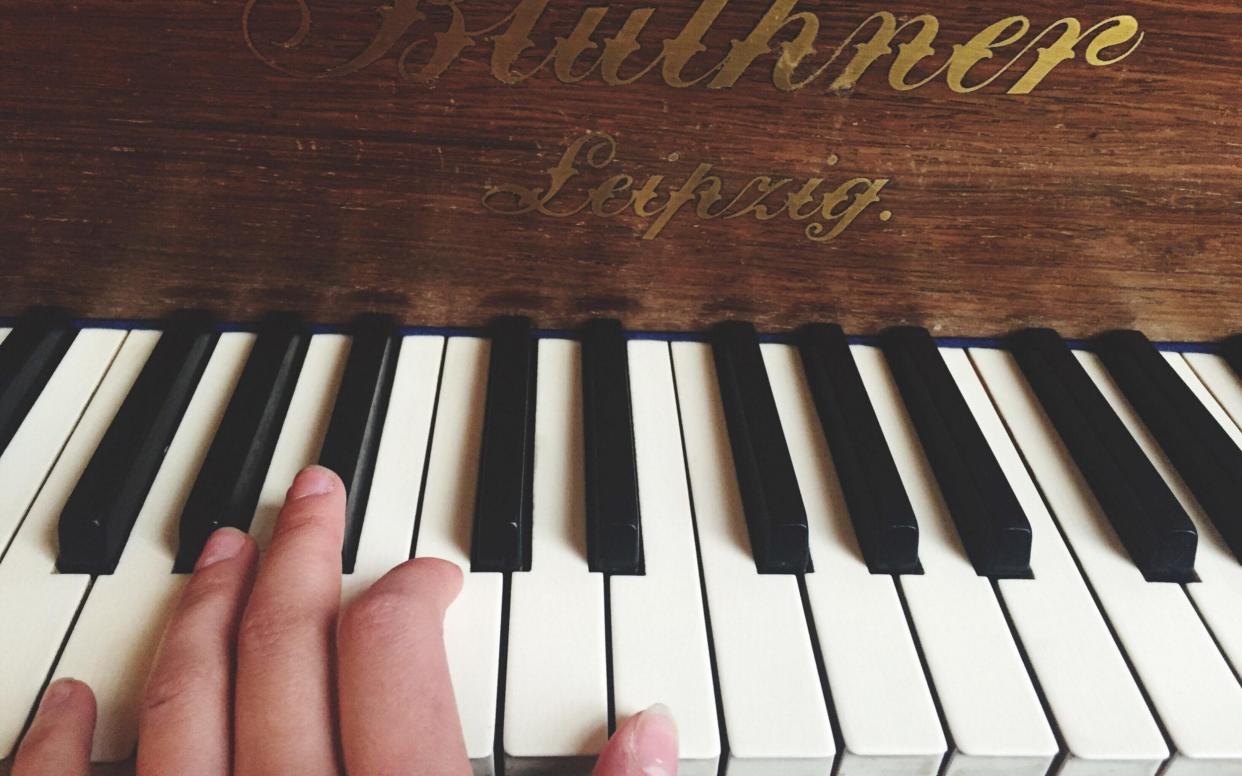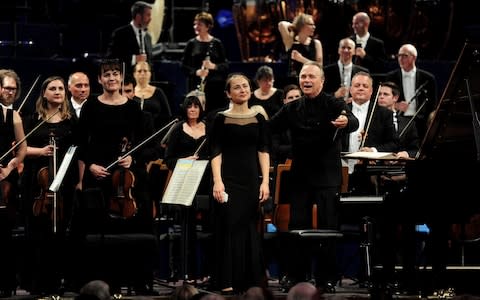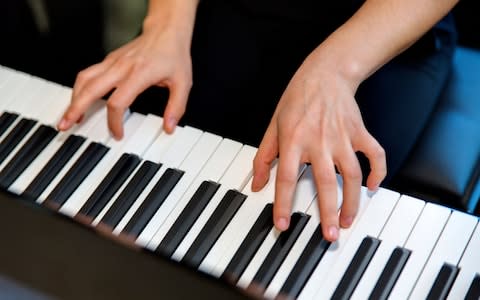Leading piano competitions ban teachers from jury over rigging fears

Piano competitions might not be an obvious hotbed of corruption.
But the industry has been dogged by rumours that teachers are fixing contests by voting for their own pupils.
Now one of the UK's leading events is so concerned about the issue that they have barred teachers from their jury.
The Leeds International Piano Competition is pushing for transparency amid concerns that the music competitions, which can launch a young artist's career, are widely seen as rigged in favour of competitors whose mentor is on the jury.
One of its new directors said he has in the past judged a prize alongside teachers whose proteges were among the hopefuls.
Adam Gatehouse, a former BBC radio boss, said the experience made him feel "uncomfortable", and has prompted a decision alongside his co-director, leading pianist Paul Lewis to limit its judging panel to renowned performers.
"There's no international performer worth their salt who doesn't also give masterclasses or come into contact with young artists but that is different from actually being a teacher who spends all their time actually just teaching.
"That's an area which I personally also felt a little uncomfortable about purely because inevitably there would be conflicts of interest.

"All the members of the jury - one or two of them may have come across one or two of the competitors in a masterclass but that's a different ball game to having someone who is a regular pupil," he told the Daily Telegraph.
"Our rules - which have been set for 50 years - are very clear about that. If there is a conflict of interest that jury member is not allowed to vote for anybody that is a pupil."
He added that the Leeds competition has "always had a very good reputation for its artistic integrity".
"I would not feel comfortable sitting in a jury - which has happened to me in the past - with people performing whose teachers are on the jury. Even if those jury members are absolutely completely honourable, it is saying something to the outside world which I feel uncomfortable with.
"It may well be that that person who wins is the best person but it is open to misinterpretation and that is what we want to avoid."
He added that the competition was looking at making the judging entirely transparent by making it clear who voted for who.

Mr Gatehouse, a main conductor for the Ballet Rambert before becoming live music editor for BBC Radio 3, became artistic director of the competition in 2015, alongside classical pianist Paul Lewis.
Mr Lewis has previously said that the Leeds competition under his supervision will be "as transparent as humanly possible".
"Our jury, rather than consisting principally of full-time teachers, will be performer-led," he said in a 2016 blog post.
He added that the competition aimed to take the "long-term wellbeing" of the young winners into consideration, amid concerns that they might struggle to cope with their newfound fame.
The competition, set to be held in September this year, will offer prizes including concerts and recording opportunities with Radio 3 and a partnership with arts management company Askonas Holt.
The pair took over from the competition's founder Dame Fanny Waterman, who stepped down at the age of 95 having founded it in 1961.

 Yahoo News
Yahoo News 
